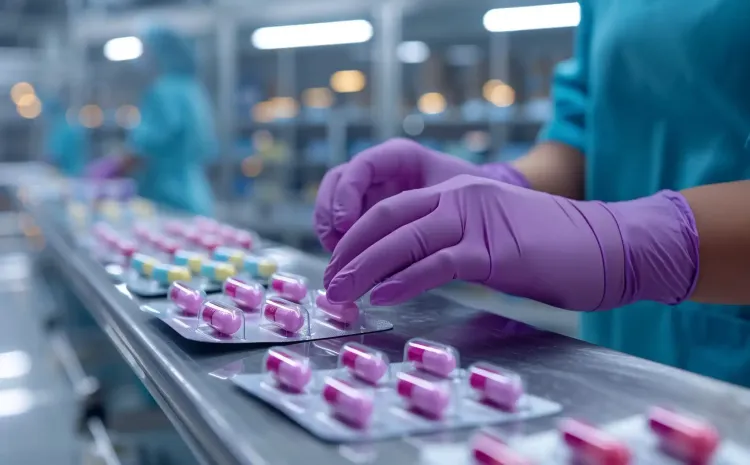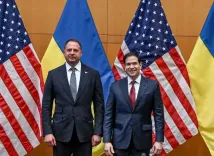Will the Indian Pharma Sector Face Losses Due to Trump's Tariff?

Synopsis
Key Takeaways
- The Indian pharma sector supplies 80 percent of global generics.
- U.S. tariffs may lead to higher medicine prices in the U.S.
- India benefits from a strong pricing policy for drugs.
- Government schemes help maintain low medicine costs.
- Tariffs imposed will more likely harm the U.S. economy.
New Delhi, Aug 12 (NationPress) The Indian pharmaceutical industry, responsible for supplying 80 percent of the world's generic medications, is unlikely to incur any losses from the tariffs introduced by U.S. President Donald Trump, according to Dr. N.K. Ganguly, former Director General of the ICMR.
Dr. Ganguly's comments come amidst rising concerns regarding the increase of tariffs to 50 percent on Indian imports by Trump.
"When any nation raises tariffs, the repercussions affect that nation itself, as they bear the loss," Ganguly stated in an interview with IANS. He emphasized that India is known for providing affordable medicines and has a robust export sector.
The distinguished microbiologist pointed out that drug prices are significantly higher in regions like Europe and North America.
These regions often do not produce generic medications due to high costs associated with labor, factory setups, and more. Consequently, they rely on imports from countries like India.
"Therefore, India will not face any detriment from this U.S. tariff. The real impact will be on those enforcing it, as India remains a leader in manufacturing low-cost medications," Ganguly remarked during his interview.
Additionally, India has decreased tariffs on essential life-saving drugs produced domestically, facilitating easier access for countries in need.
Ultimately, "the nation that imposes the tariff will incur losses as its citizens will end up paying more for medicines," the former ICMR chief added.
The initial 25 percent duty on Indian goods exported to the U.S. took effect on August 7, with further levies starting on August 27.
These increased tariffs will elevate the prices of several Indian goods, including shrimps, organic chemicals, carpets, and apparel, in the U.S. market.
Ganguly explained that India's low drug prices stem from its strategic pricing policy for pharmaceutical production.
"The government implements various schemes to ensure that medicines remain affordable. Additionally, medications are accessible at lower rates through government pharmacies under the Pradhan Mantri Jan Aushadhi Yojana," the expert added.









